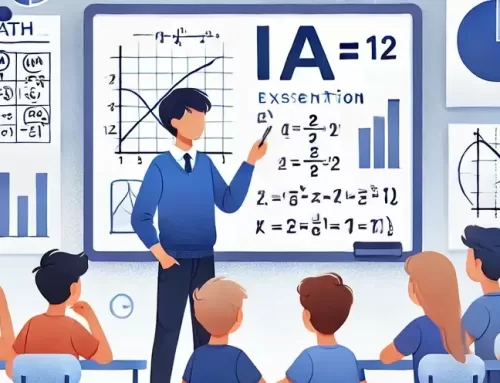Burnout is more than just feeling tired or unmotivated—it’s a state of emotional, physical, and mental exhaustion caused by prolonged stress. Whether you’re a student cramming for exams or juggling a demanding academic schedule, it’s easy to reach a point where even the smallest task feels overwhelming.
But here’s the good news: science offers several proven strategies to help reset your brain, restore your focus, and build sustainable energy. These aren’t just feel-good tips—they’re backed by research in neuroscience, psychology, and cognitive science.
1. Time Your Work: The Pomodoro Technique
The Pomodoro Technique is simple but powerful: work in focused 25-minute sprints followed by a 5-minute break. After four sessions, take a longer break (15–30 minutes). Studies grounded in cognitive load theory show that this method prevents mental fatigue by reducing the amount of information your brain has to process in one sitting.
By chunking tasks and allowing for strategic breaks, you maintain high levels of concentration while avoiding burnout from marathon study sessions.
2. Don’t Underestimate Sleep and Naps
Sleep is not optional—it’s one of the most critical factors in cognitive performance. During sleep, your brain consolidates memories, repairs neural connections, and clears out toxins.
A study published in Nature Neuroscience found that 90-minute naps enhance memory recall, while shorter 10–20 minute naps improve alertness and concentration without post-nap grogginess. Sleep deprivation, on the other hand, can impair decision-making, reduce attention span, and worsen emotional regulation.
3. Practice Mindfulness and Deep Breathing
Burnout often brings a sense of chaos. Mindfulness restores balance. Research from Harvard and Stanford has shown that mindfulness meditation and controlled breathing (like box breathing or 4-7-8 technique) lower cortisol levels (the stress hormone) and improve brain function in the prefrontal cortex—responsible for decision-making and focus.
Even five minutes a day of stillness can reduce anxiety and restore mental clarity.
4. Listen to Binaural Beats or Lo-Fi Music
Your brain responds to sound in powerful ways. Binaural beats, which use two slightly different frequencies in each ear, can stimulate brainwaves associated with focused attention (beta waves) or relaxation (alpha waves). EEG studies suggest this audio technique can enhance mental clarity and reduce stress.
Alternatively, lo-fi music or ambient instrumental tracks (without lyrics) are known to calm the nervous system and reduce distraction—perfect for studying or decompressing.
5. Fuel Your Brain with Proper Nutrition
A sharp mind needs fuel—and sugar alone won’t cut it. The brain uses about 20% of the body’s energy, and research in nutritional neuroscience has shown that glucose regulation, omega-3 fatty acids, and micronutrients play key roles in cognitive performance.
Prioritize whole foods: complex carbohydrates (like oats or brown rice), lean proteins, leafy greens, nuts, and fatty fish. And stay hydrated—just a 2% drop in hydration can impair cognitive function significantly.
6. Move Your Body (Even a Little)
You don’t need an hour-long workout. Just 10–15 minutes of light physical activity—walking, stretching, yoga—can stimulate endorphin and serotonin release. These feel-good chemicals reduce stress and elevate mood.
Research also links exercise to neurogenesis (the growth of new brain cells), especially in the hippocampus, the region critical for memory and learning.
7. Use Mental Chunking to Tackle Tasks
Burnout often stems from feeling overwhelmed. But breaking a big task into smaller steps—called mental segmentation or chunking—can lower your cognitive burden.
This technique taps into the Zeigarnik effect, which suggests that our brains remember incomplete tasks better than completed ones. By focusing on one small chunk at a time, you reduce overwhelm and build momentum, making progress more manageable and satisfying.
Final Thought: Burnout Isn’t a Sign of Weakness—It’s a Signal to Recalibrate
When you hit a wall, your brain is telling you something important. Instead of pushing harder, try working smarter—guided by what science tells us about how the brain performs best.
Whether it’s pausing to take a deep breath, going for a quick walk, or changing how you manage your time, small changes can yield big improvements.
And if you’re preparing for final exams and feeling the pressure mount, don’t forget—burnout isn’t permanent. With the right strategies, you can come back sharper, stronger, and more focused than ever.




